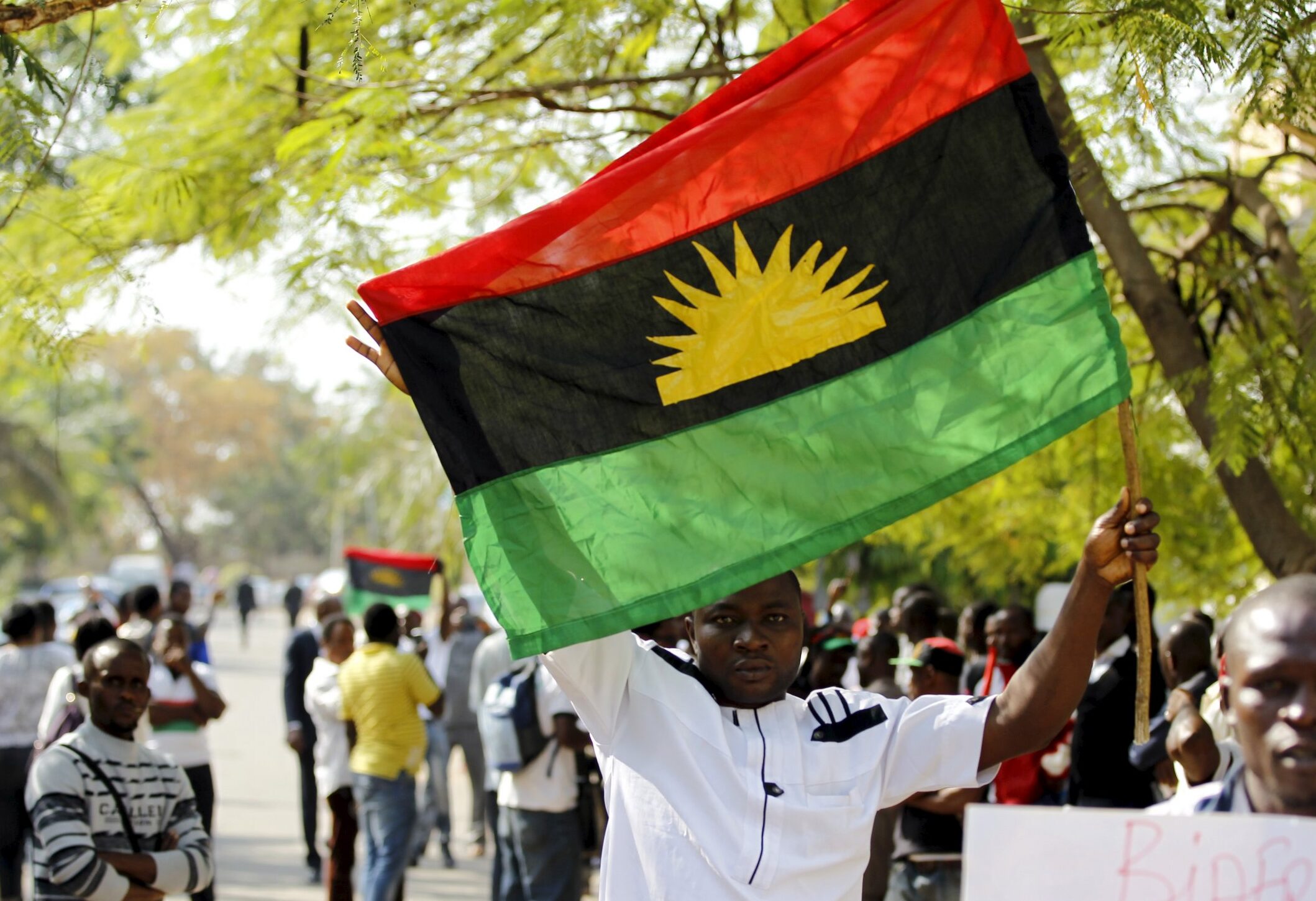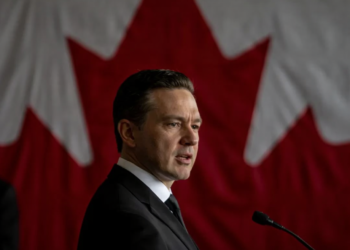Friday was a dramatic day in Abkhazia, a Russian-backed breakaway region of Georgia, as protesters stormed the parliament to oppose a controversial investment deal with Russia. The agreement, which would have prioritized Russian developers, sparked fears among locals that it would harm their economy and push them out of the market. In the face of intense demonstrations, the deal was withdrawn, with President Aslan Bzhania’s office announcing it would no longer pursue the agreement.
Russia’s Grip on Abkhazia
Although Abkhazia is officially part of Georgia, Russia exerts significant control over the region. Moscow provides military and financial support, even paying salaries and pensions for public servants. However, this support comes at a cost. Many Abkhazians feel sidelined, with local industries and job opportunities stifled under Russia’s economic dominance.
Critics argue that Russia’s heavy-handed approach serves its own interests, maintaining a puppet government in Abkhazia to exert influence over the region. This strategy is part of a broader effort to keep post-Soviet territories within Moscow’s sphere of control and limit Western influence.

Economic and Political Consequences
While Russian financial aid offers some stability, it also stifles Abkhazia’s economy, leaving locals dependent on Moscow and isolated from the rest of the world. The region’s lack of autonomy has fueled frustration, as residents see deals like the withdrawn investment agreement as benefiting Russia at their expense.
This dynamic echoes broader concerns in Europe about Russia’s influence. By supporting breakaway regions like Abkhazia, Russia weakens neighboring countries like Georgia, making it harder for them to join Western alliances such as NATO or the EU. This tactic contributes to instability not only in the Caucasus but across Europe, as seen in Ukraine and other regions.
Parallels to Ukraine
The situation in Abkhazia mirrors Russia’s actions in Ukraine. Just as Moscow backs separatists in Abkhazia, it has supported insurgents in eastern Ukraine and annexed Crimea. These moves highlight a pattern of using political, economic, and military leverage to control neighboring territories.
Russia’s dominance relies on keeping these regions economically and politically dependent. Financial aid, control over energy resources, and the installation of loyal governments ensure Moscow’s continued influence. However, this approach breeds resentment among local populations, as seen in both Abkhazia and Ukraine.
Rising Discontent in Russian-Backed Regions
The protests in Abkhazia, like the war in Ukraine, signal growing dissatisfaction with Moscow’s interference. While Russia’s grip remains strong, these events show a clear desire for greater sovereignty and freedom in regions under its control.
For Europe and the wider international community, this unrest is a wake-up call. Supporting countries like Georgia and Ukraine in their fight for independence is essential to countering Russia’s suppressive influence. Diplomatic and economic initiatives aimed at fostering regional stability can help weaken Moscow’s hold on these territories.
The Bigger Picture
The unrest in Abkhazia and the ongoing conflict in Ukraine are intertwined, reflecting a broader rejection of Russian interference. As dissatisfaction grows in Russian-backed regions, the push for sovereignty and freedom becomes more urgent. For Europe, countering Moscow’s dominance is not just about supporting independence—it’s about ensuring long-term regional stability in the face of Russian aggression.

















